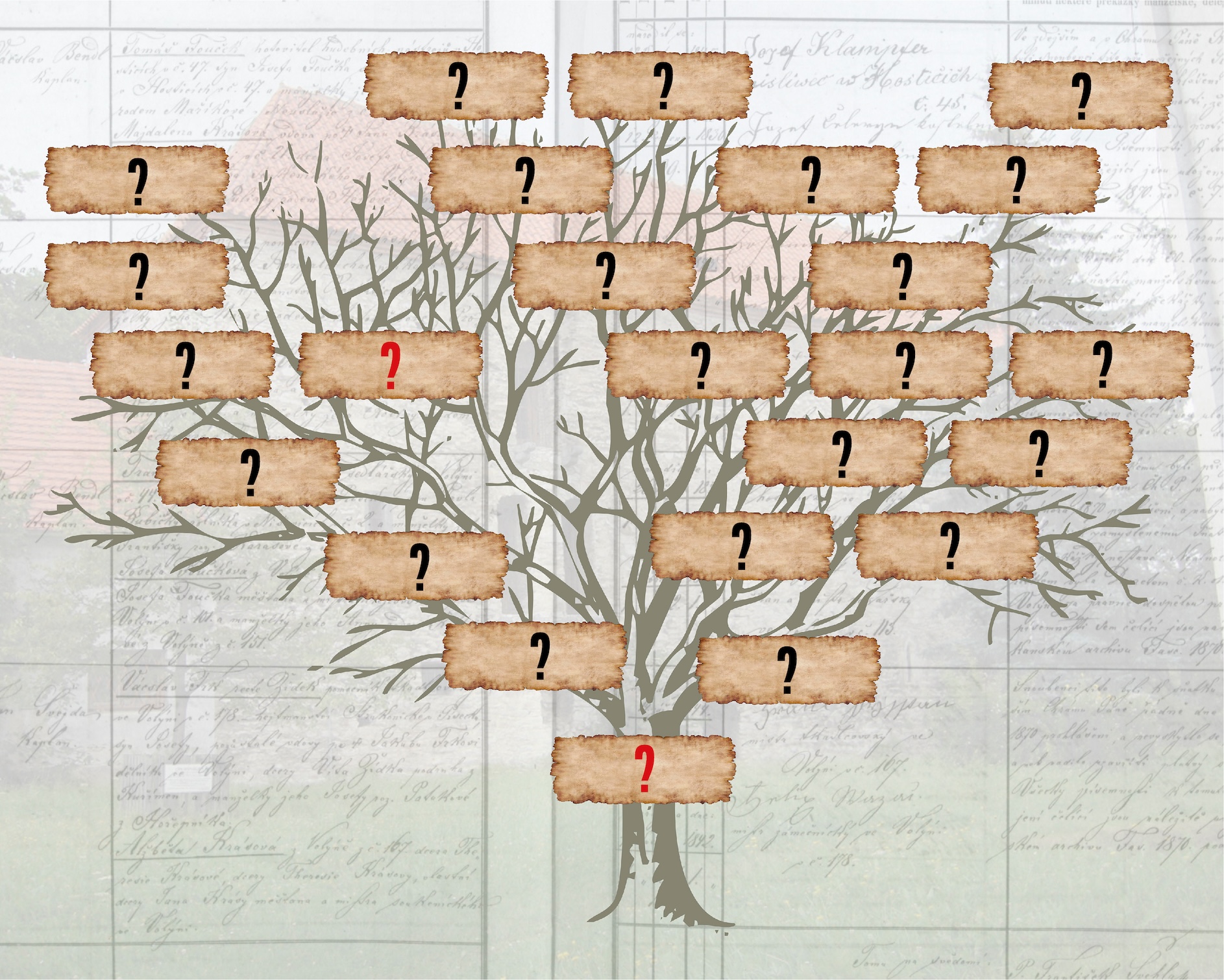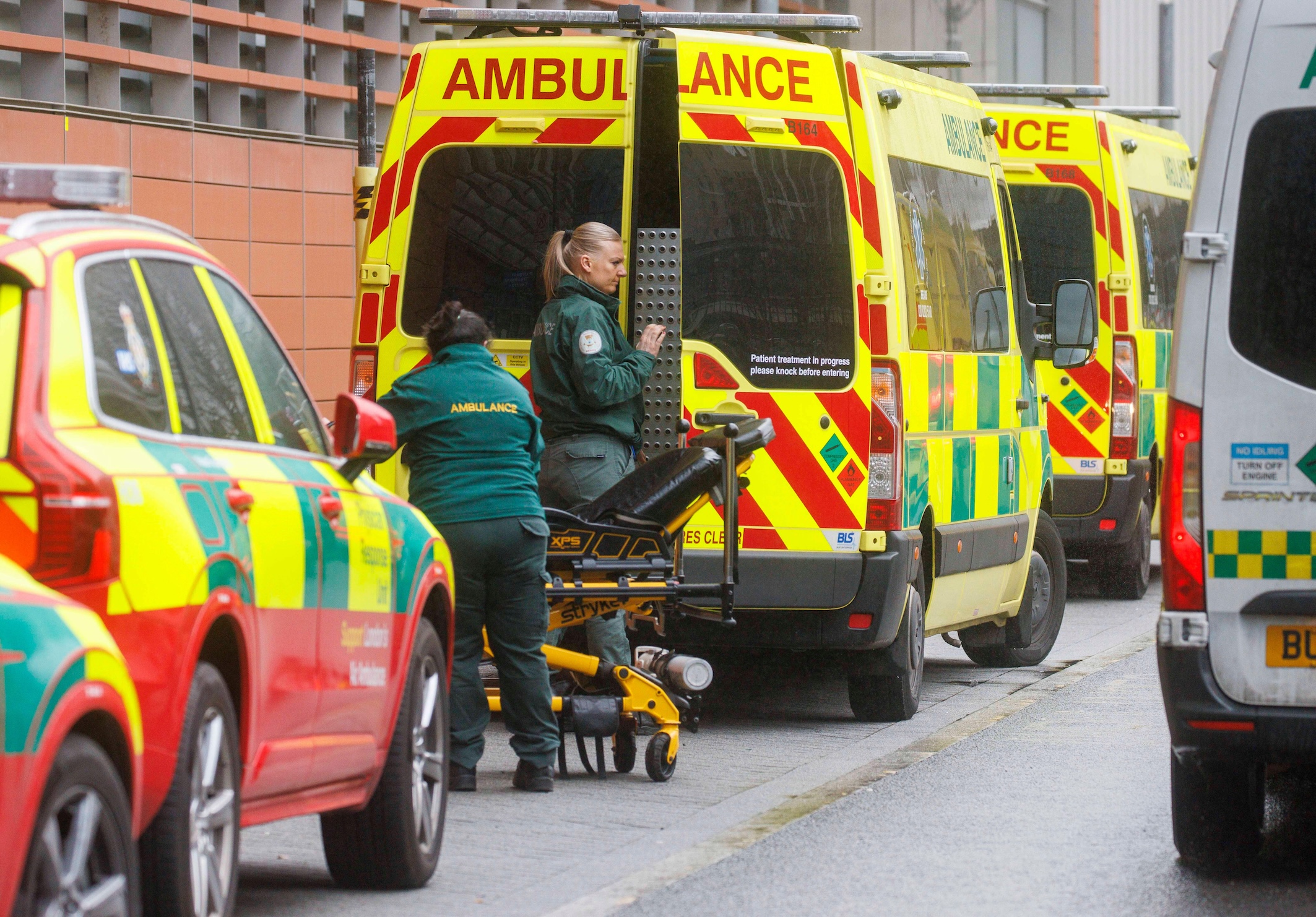Bristol opens first regular drug checking service – but we can’t stop there
The UK’s first drug checking service will prove invaluable in protecting people from drug-related harms.
When he was 21, Aaron* and his friends decided to buy 10 grams of speed to take at a club in Manchester. But when they got the speed, they realised it wasn’t quite right. “It was too gooey to snort, and it was crumbly and brown,” he says. “We decided it needed further inspection and that we wouldn’t do anything with it until we got home.” However, the drugs ended up being confiscated by bouncers on the way in, and they were told that what they’d bought wasn’t speed at all – it was heroin.
Aaron and his friends got lucky. Such accidents are not uncommon, especially when drugs are purchased illegally. “The illicit drug market is cowboy country,” says Harry Shapiro, director of information service DrugWise. “All sorts of things are mixed in.”
There’s no reliable way of knowing what is in a substance you’ve bought from an unregulated market – and this can range from the benign, like being sold paracetamol instead of a sedative, to the deadly, such as accidentally mixing two drugs that interact negatively or taking an extremely potent substance to which you have no tolerance.
The latter is of increasing concern at the moment, with a class of synthetic opioids called nitazenes – which are akin to, but sometimes stronger than, fentanyl – appearing in the UK drug supply. Nitazines have already been detected in more than 175 drug-related deaths in the UK, mostly among people who use heroin and black-market benzodiazepines.
As a result, the UK’s first ever in-person drug checking service was approved by the Government earlier this year. The service, located in Bristol city centre, funded by the council and run by harm reduction charity The Loop, provides both direct and indirect harm reduction information to people who use drugs. The collected data from people's drug samples is then passed onto health and law enforcement agencies, to paint a clear picture of what drugs are in circulation and the specific risks they pose to the area.
The opening of the service is the result of intensive campaigning by The Loop, which is known for offering back of house drug testing services at music events and festivals in the UK. “Drug checking has taken place previously, piloted in city centres and festival environments and delivered by The Loop,” explains CEO Katy Porter. “This has enabled us to build the evidence for the impact and value of drug checking as a harm reduction intervention, and a robust and sustainable approach in its introduction and implementation.”
A non-judgemental intervention
There is a distinction to be made between drug testing, which has previously been offered at music festivals in the UK, and drug checking.
Drug testing is a back of house service, meaning samples of drugs are tested and results are aggregated and shared with healthcare and law enforcement agencies to understand the drug supply in a local area, but these results are not individuated or shared with those who brought the sample.
Drug checking, however, is a front of house service which provides individuals with specific information about their drug sample followed by a short, client-centred conversation about their drug use, known as a brief intervention. This means it can have immediate, potentially life saving effects — although quantifying this is very difficult, because it's impossible to know what service users will choose to do after leaving the service.
The Welsh Government has also been funding its own remote drug checking service, WEDINOS, since 2014. Samples to WEDINOS are submitted either by individuals, via an anonymous postal service, or by community partners working in hostels and drug services across Wales. As well as being shared on the WEDINOS website, results are communicated back directly to these individuals, sometimes in a face-to-face intervention.
The Bristol service is currently the only one in the UK, but Christina McKelvie, the Scottish minister for drugs and alcohol policy, has committed to rolling out drug checking services in Scotland, with licence applications in Dundee and Aberdeen awaiting approval.
The current Home Office licence only allows people who use drugs “dependently” to access the service. This is defined as using a substance more than four times a week, or presenting with with either crack cocaine, heroin, benzodiazepines or spice (all highly addictive substances). Those who qualify drop off a single dose of their substance to get tested and return in an hour for a consultation with a service worker, which could be a GP, a nurse or a drugs worker.
“During that conversation, we’re looking at trying to reduce harm, so we talk about what they’re taking, whether they use multiple drugs, etcetera, then we ask if they’re looking for any other types of support,” says Debs Legg who works on The Loop’s senior team. Most importantly, she adds, this is an “anonymous, non-judgemental, open conversation – we don’t condone or encourage drug use, we just talk factually.”
Service users are then directed to The Loop’s partner organisation Bristol Drugs Project, a harm reduction service located just across the road. There, people can access a needle exchange service, safe injecting advice, naloxone (a drug which can reverse overdoses from opioids) and information about treatment services.
Engagement with treatment is a huge benefit of operating a people-centred service like this one. “People who use drugs face a lot of stigma,” says Legg. “Being able to build relationships and have people come back a few times, and giving them the option to take three steps away from our table and access ongoing support, that’s the important part. It's planting the seed in someone’s head – support is out there, this is what it looks like. They might not access it straight away, but maybe next month, they’ll come back again.”
Drug checking is not a silver bullet
Currently, drug checking is only available for people who use drugs dependently, but it is naive to suggest that the majority of people in such a demographic would choose to give up their substances, regardless of having them checked. “I just think it's totally unrealistic to expect people with serious drug problems to [fully] engage with services like this,” says Harry Shapiro, who is concerned that people who use street heroin and benzodiazepines aren’t likely to give up their drugs on their own. “Some will, which is great, but I can't imagine a regular heroin user being told that they've got this, that and the other in their drugs, and they just chuck it in an amnesty bin. I genuinely can't see that.”
The limited research around drug checking suggests that this is true. One review of 90 studies about drug checking in Europe, the US and Canada found that the rate of disposal among people who use drugs, even after finding a dangerous adulterant such as fentanyl, is low. This is true for both people who use drugs dependently and recreationally — although the latter are more likely to dispose of their substance than the former.
This is not lost on The Loop. “We don't expect that, simply by giving people the information regarding their substances, that they will choose not to take it at all,” says Porter. “Some people will, but not in all circumstances.” However, she says, what’s vital is being able to disseminate advice and information that could vastly reduce the risk of overdose, such as carrying Naloxone, which is accessible from Bristol Drugs Project. The same research paper found that, although the majority of people who use drugs did not dispose of their drugs, many expressed an intention to change their behaviour and take measures to reduce their risk of overdose, such as taking a smaller dose than usual or trying a test dose.
The people drug checking doesn’t reach
Another issue is reaching the most vulnerable, such as people who are street homeless. The way to do this is through word of mouth and reliability. “It’s all about reputation,” says Leggs. “If people who come and try the service have a good experience, they might tell their friends, then they might tell their friends and so on — but we need to be there every month, offering a reliable service.” The Loop is also reaching this population by working with local homeless hostels and organisations to build up communication with staff and team members, who can then pass on the information about the service to their clients.
Under the current licence, though, there are demographics who are unable to access drug checking, particularly recreational users like Aaron. Porter is keen to stress that there are risks associated with drugs beyond synthetic opioids. “That’s something we’re very much wanting to call for, and get the government thinking about, in terms of there being less barriers to people [using the service].”
Whether the scope of such services will be widened to include all people who use drugs remains to be seen. The new Labour government hasn’t mentioned drug policy since gaining power but, when asked about the pilot, the Home Office previously said: “Any death from illegal drugs is tragic, and the devastation we have seen them cause must be tackled effectively to protect the public from harm. The new Home Secretary will decide on the future of current Home Office policies in due course.”
“The idea has always been to make drug checking as widely available to people as possible,” says Porter. For now, though, she sees the pilot as a “step in the right direction” and one that will hopefully benefit “those most at risk of the uncertain drug supply”.
A need for a national roll-out
If there was ever a time to fund a national drug checking effort, it would be now. Not only is the UK experiencing its highest number of drug-related deaths ever, it is also navigating an escalating synthetic opioid problem.
In combating a potential synthetic opioid crisis, drug checking can be invaluable for providing real-time data. Currently, Shapiro notes, data around nitazenes comes from toxicology reports and testing on drugs seized at the border. But these methods are not indicative of what is in the drug supply at current, with post-mortem inquests taking around seven months on average to conclude.
“Drug checking can be a good early warning device,” he says. “The more drugs you test, the more you know about what’s in the drug system, so that’s useful on an epidemiological or population level.” The government is currently working on setting up an early warning system with regards to nitazenes, which uses several data streams including hospital and ambulance data, overdose data and wastewater analysis.
The Loop is alert to the presence of nitazenes across the UK, and the charity continues its back of house testing service at festivals, which can also offer real time data to health authorities. However, this is only useful in terms of truly understanding the scale of the synthetic opioid problem if it is rolled out across the country.
Charlie Mack, CEO person-centred drug and treatment service Cranstoun, says that drug checking services are essential. “Now [the pilot in Bristol has begun, there is no reason why these services can’t be expanded more widely,” he says. “There is currently a lack of a national, coordinated data collection, which is hindered by the lack of permission for local areas to provide drug checking services.” The viability of having numerous services around the country depends on funding, from local councils and charity donations, as well as cooperation from local law enforcement not to criminalise service users.
Donate to The Loop: https://www.justgiving.com/wearetheloop
*Name has been anonymised.
The Lead is now on Substack.
Become a Member, and get our most groundbreaking content first. Become a Founder, and join the newsroom’s internal conversation - meet the writers, the editors and more.





